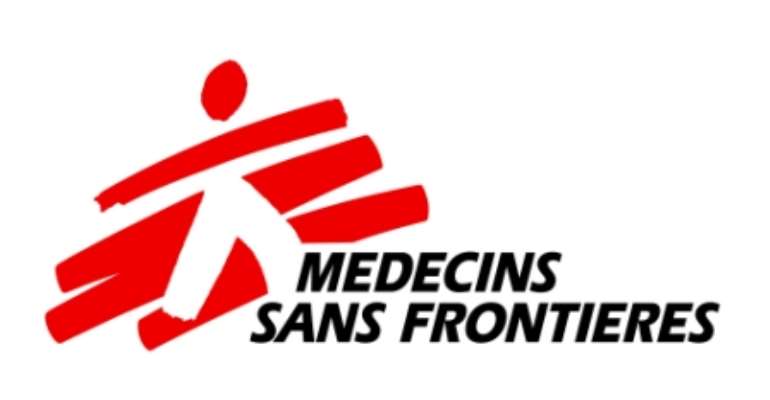MSF scales up strategic response measures against cholera in Borno

The Medecins Sans Frontieres (MSF) has scaled up “strategic response measures” in Borno state to contain the spread and infections of cholera that has claimed 48 lives in Maiduguri metropolis and Internally Displaced Persons (IDPs) camps.
Announcing the measures on Tuesday in Maiduguri, the MSF medical director, Dr. Felix Kouassi said since the outbreak of cholera, 2, 627 cases were reported by Borno Ministry of Health with a death toll of 48.
His words: “The Doctors without Borders (MSF) continues to scale up its response in Borno state, to prevent further spread and infect residents of Maiduguri metropolis and displaced persons taking refuge in resettlement camps.”
“In Maiduguri alone, 1 425 cases were recorded by our field health personnel, while 600 cases in Dikwa and 602 cases in Monguno, were also reported to our collating and treatment centre at Dala.”
Anna Cillers, an MSF medical coordinator further disclosed that; “Early diagnosis and treatment is vital to tackling cholera outbreaks.
She explained that as cholera cases increased in Maiduguri, the MSF rapidly added more beds to our cholera treatment at Dala with 100 beds capacity.
“Since 16 August, 491 patients were admitted and 475 discharged in Dala. MSF has now constructed near Muna garage camp located at the outskirts of Maiduguri, another cholera treatment centre with a 50 bed capacity which can be increased to 100 in the coming days, if required,” said Cillers.
She said the Muna camp hosts about 20,000 people who have been displaced by the ongoing conflict between the Nigerian armed forcesand Boko Haram.
“But the outbreak has now begun to spread throughout other camps in the surrounding area and inside the city,” she noted.
Ciller continued: “Inside Muna Garage camp, MSF operates an Oral Rehydration Point (ORP) where patients can obtain sugar and salt solution to help them to overcome severe de-hydration. Patients arriving here in critical condition are taken directly in ou ambulances to the cholera treatment centres.
On other affected communities, she said: “As authorities and humanitarian actors tackle the outbreak in Maiduguri, numbers of cholera cases have been increasing in Monguno and Dikwa, towns.
“Monguno is home to about 200,000 people, two-thirds of whom are people who have fled other parts of the state and now live in official and unofficial camps.
“Dikwa, a military controlled enclave is also home to approximately 120,000 people, out of which 100,000 are internally displaced people
“In Monguno, we adapted our existing medical facility to isolate patients with suspected cholera, and are currently operating a 110-bed cholera treatment centre.”
On high cases of cholera, she said: “We are worried that the number of beds currently planned may not be enough as cases continue to rise in the town.”
She said MSF is closely coordinating its efforts with the Borno Ministry of Health, the World Health Organisation (WHO) and other
humanitarian organisations in the prevention and treatment of cholera, including providing training for their health workers.
On other health responses, she said: “MSF is currently responding to cholera outbreaks in eastern Chad near the Sudanese border, in multiple locations in the Democratic Republic of Congo and throughout Yemen.
“MSF provides nutrition, primary and secondary healthcare, medical aid in disease outbreaks, and operates across 11 locations in Borno State.”
